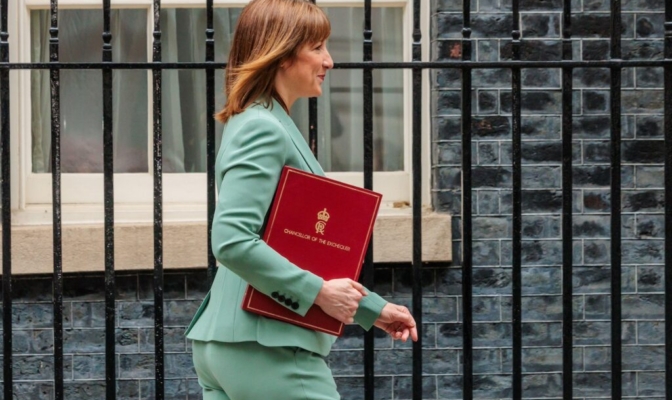Report: The 2025 UK spending review
Share on LinkedIn
Only 77 days have passed since the Spring Statement, which makes it feel slightly strange that we are once again talking about the Government’s economic strategy. However, the Spending Review impacts a longer time frame, so it is appropriate to consider the situation the UK faces from the highest level.
The demands on public budgets grow larger with every year. Powerful structural forces – demographic and social – mean the UK has seen rapidly increasing transfer payments to welfare recipients and older people. The Government has so far struggled to seriously confront either. Even a relatively modest cut to pensioner fuel payments has been largely reversed in the face of staunch political opposition and welfare reforms will be fought from within Labour and from the outside.
But the tax take as a proportion of GDP is already at post-war highs – the OBR expected the Government to raise around £1.15tn in FY 24/25. That’s nearly 40% of national income. However, that still wasn’t enough to cover spending, and the Government ran a deficit of nearly 4.5% in the same year.
Meanwhile, growth has been anaemic, which means the Government cannot count on a motoring economy to grow tax receipts.
This leaves a grim situation where the Government is taxing and spending more than ever, while public services struggle and the public realm looks increasingly tatty and rundown. This has cratered the Chancellor’s personal ratings while providing rocket fuel for Reform.
But what the Chancellor calls an ‘age of insecurity’ also creates a pressing need to overhaul our defence, to invest in an energy transition and build much-needed homes, none of which comes cheap.
Today, the Chancellor has arguably set out her first truly strategic choices. To prioritise spending in health and defence at the cost of other departments, and to invest in long-term projects that are unlikely to have a short-term political payback through borrowing.
The decision to focus on long-term investment must be welcomed – pressing forward on several initiatives that stalled amidst the dysfunction of the last Government, including housebuilding, rail connectivity and small modular nuclear reactors.
However, without a serious attempt to arrest the trajectory of social security payments over this Parliament, the prospect of increased taxes or spending cuts in other departments will never be far away. That is, unless stronger growth rides to the rescue. This is not impossible, but based on the UK’s recent experience, it cannot be counted on.
John Rowland, Interim CEO
H/Advisors Cicero








